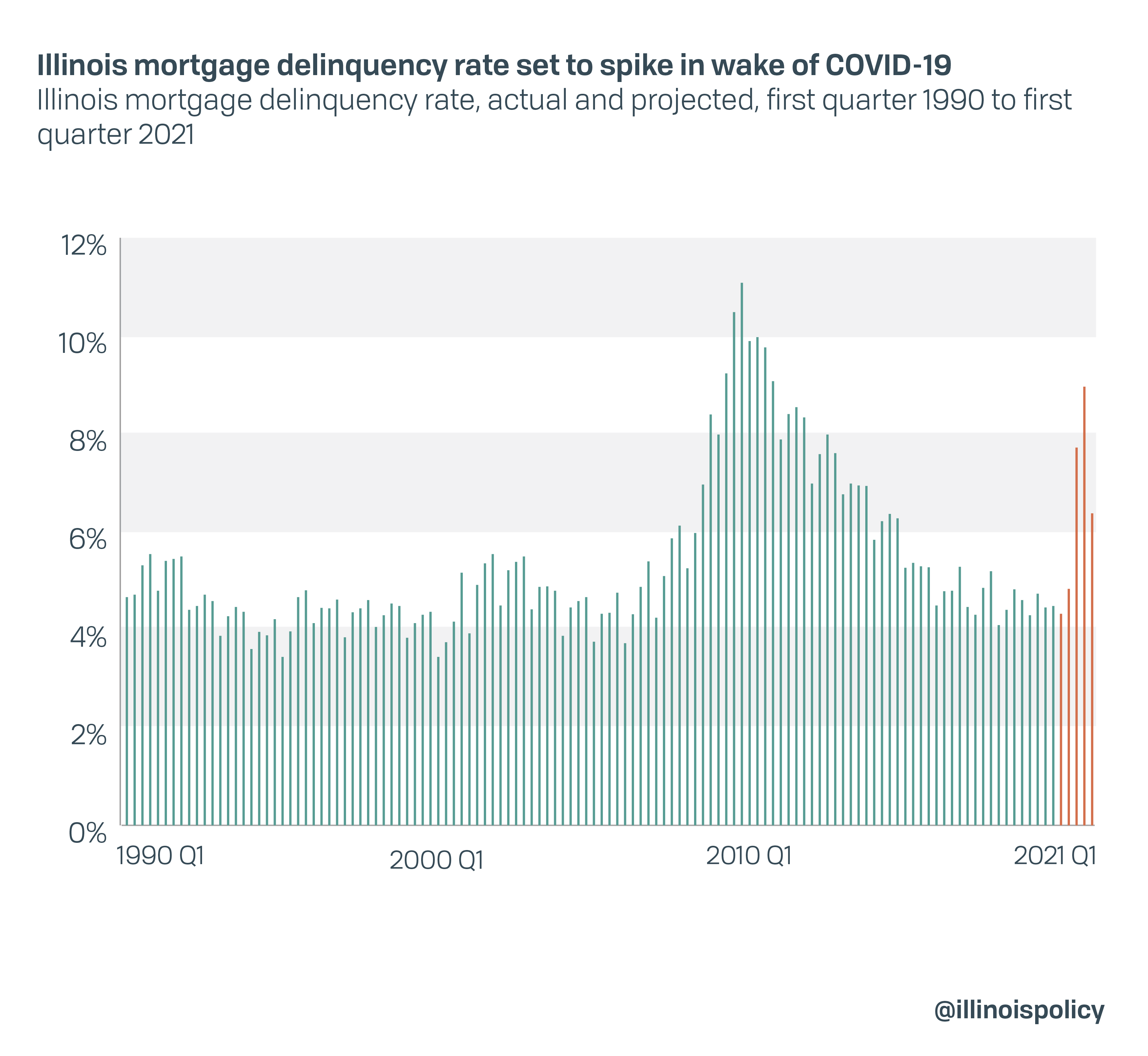Recession Mortgage Rates. Mortgage rates were mostly lower this week as the economy continued to show signs of recovery from the pandemic recession and recent bursts of inflation were deemed temporary by federal policymakers. Most economists thought it just meant the housing market was cooling off, though.
Mortgage rates were mostly lower this week as the economy continued to show signs of recovery from the pandemic recession and recent bursts of inflation were deemed temporary by federal policymakers. The great recession began when the u.s. Market interest rates are the result of the interaction of the supply and demand. The mortgage rates trend continued to decline until rates dropped to 3.31% in november 2012 — the lowest level in the history of mortgage rates. No matter what causes a recession, the country's financial system will be negatively impacted.

As of june 1, the federal interest rate, which helps dictate what interest rates are for mortgages and other loan products, was 0.25% — down from 2.50% one year ago, which could make this the prime time to refinance.
Many experts see potential for mortgage rates to rise toward the later part of 2021, yet remain favorable compared to historical averages. Higher levels of unemployment and a slower economy both lead to a decrease in lending and spending, which in turn can negatively impact mortgages, programs, and interest rates — in other words, the mortgage industry as a whole. Washington (ap) — mortgage rates were mostly lower this week as the economy continued to show signs of recovery from the pandemic recession and recent bursts of inflation were deemed temporary by. At the current rate of sales of 6.3 million a year, it would take 7.5 months to sell that inventory. Mortgage rates rest near historic lows as the specter of a recession roils markets published: Refinancing in a recession could help you to lock in low rates, lower your monthly payment and improve your financial outlook. What happens to mortgage rates during a recession? Rates have climbed since then, and their trajectory for the rest of the year depends on the. However, entering a recession with rates this low gives the federal reserve one less lever to pull in response to financial difficulties down the road. No matter what causes a recession, the country's financial system will be negatively impacted. Remember, interest is the cost of borrowing money. For example, at the end of 2009, the unemployment rate was 10%; Interest rates play a key role in the economy and in the process of the economic cycle of expansion and recession.
Mortgage rates were mostly lower this week as the economy continued to show signs of recovery from the pandemic recession and recent bursts of inflation were deemed temporary by federal policymakers. When recession hits, economic activity decreases. Mortgage rates rest near historic lows as the specter of a recession roils markets published: 15, 2019 at 11:07 a.m. However, entering a recession with rates this low gives the federal reserve one less lever to pull in response to financial difficulties down the road.

Given all the negative consequences of recession, the government employs various means to counter it and provide a boost to the.
This means that the profits of businesses shrink, unemployment rises, and consumer spending plummets. At the current rate of sales of 6.3 million a year, it would take 7.5 months to sell that inventory. No matter what causes a recession, the country's financial system will be negatively impacted. Given all the negative consequences of recession, the government employs various means to counter it and provide a boost to the. What happens to mortgage rates during a recession? Mortgage rates were mostly lower this week as the economy continued to show signs of recovery from the pandemic recession and recent bursts of inflation were deemed temporary by federal policymakers. Based on the most recent statistics of new filings, the current rate is about 9.5%. To put it into perspective, the monthly payment for a $100,000 loan at the historical peak rate of 18.63% in 1981 was $1,558.58, compared to $438.51 at the historical low rate of 3.31% in 2012. Rates have climbed since then, and their trajectory for the rest of the year depends on the. Many experts see potential for mortgage rates to rise toward the later part of 2021, yet remain favorable compared to historical averages. However, obtaining a mortgage during a recession might be a smart move. Washington (ap) — mortgage rates were mostly lower this week as the economy continued to show signs of recovery from the pandemic recession and recent bursts of inflation were deemed temporary by. 15, 2019 at 11:07 a.m.
The great recession began when the u.s. A sluggish economy and high unemployment both contribute to decreased lending and consumer spending, which in turn negatively affects rates, programs and mortgages for consumers. Rates have climbed since then, and their trajectory for the rest of the year depends on the. Compare that to interest rates for subprime mortgages, which were as high as 10% in 2019. Interest rates during a recession are typically lowered, the stock market drops, and real estate prices slump.

The great recession began when the u.s.
If mortgage rates stay as low as they've become over the last few months, it could boost a faltering housing market. The mortgage rates trend continued to decline until rates dropped to 3.31% in november 2012 — the lowest level in the history of mortgage rates. A recession can wreak havoc on the financial system. However, entering a recession with rates this low gives the federal reserve one less lever to pull in response to financial difficulties down the road. What happens to mortgage rates during a recession? Mortgage rates were mostly lower this week as the economy continued to show signs of recovery from the pandemic recession and recent bursts of inflation were deemed temporary by federal policymakers. Based on the most recent statistics of new filings, the current rate is about 9.5%. Given all the negative consequences of recession, the government employs various means to counter it and provide a boost to the. For example, at the end of 2009, the unemployment rate was 10%; Remember, interest is the cost of borrowing money. Compare that to interest rates for subprime mortgages, which were as high as 10% in 2019. Market interest rates are the result of the interaction of the supply and demand. Most economists thought it just meant the housing market was cooling off, though.

0 komentar:
Posting Komentar